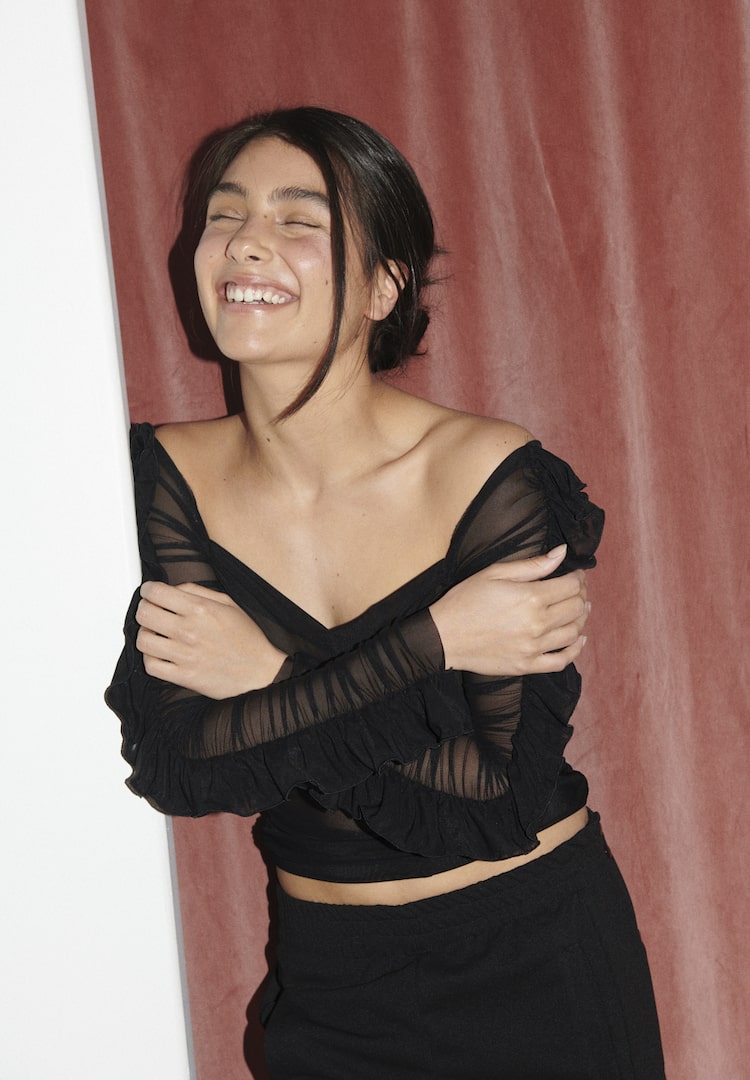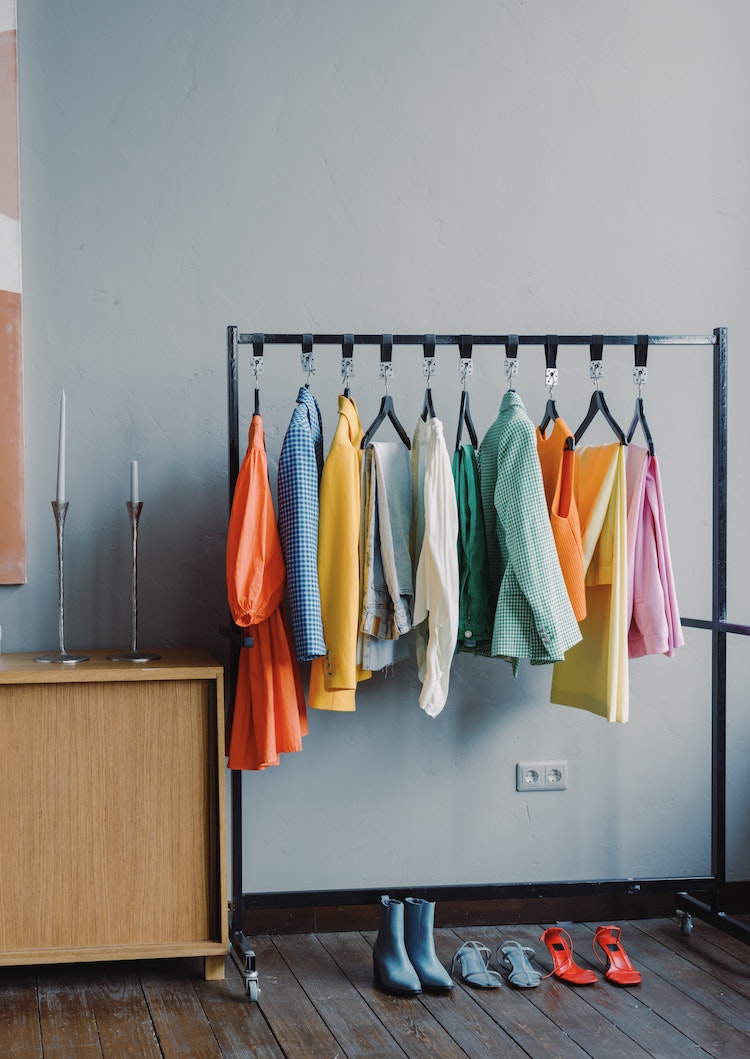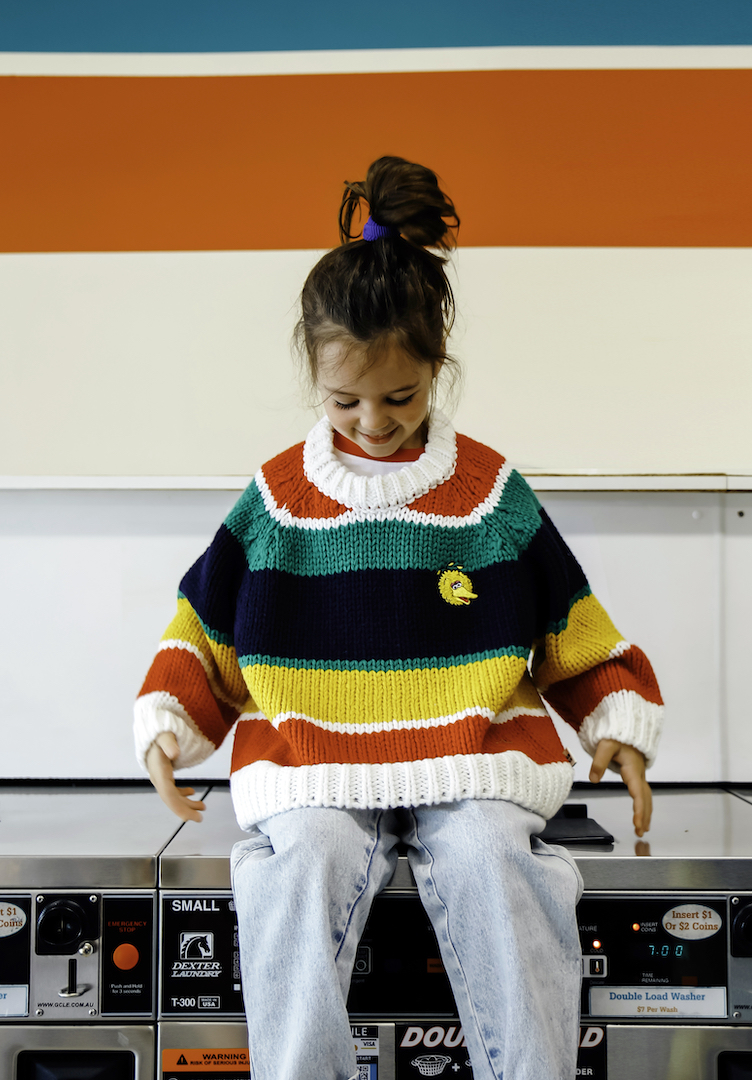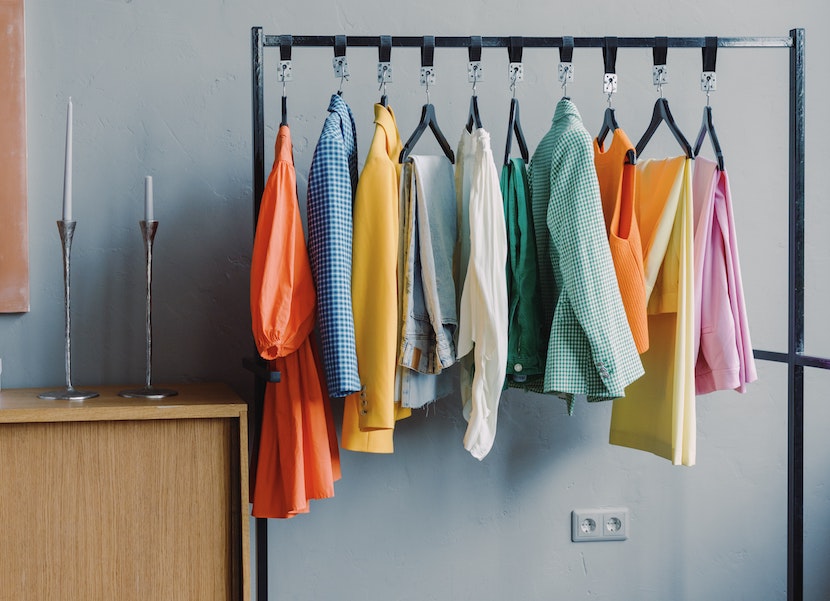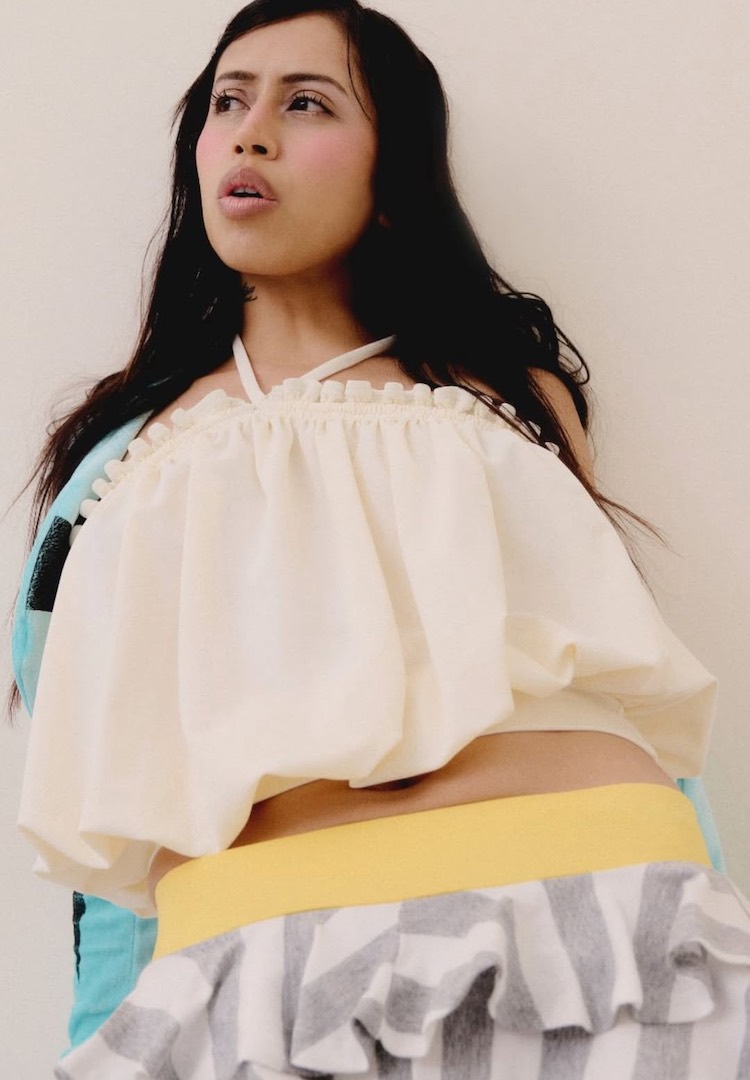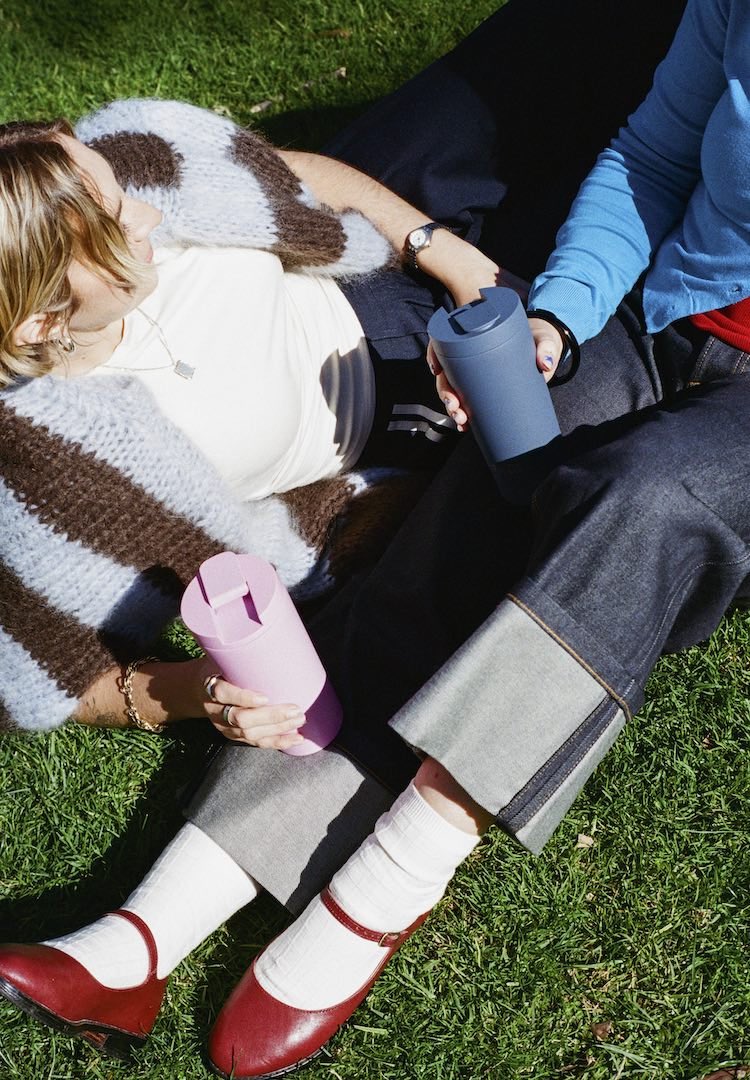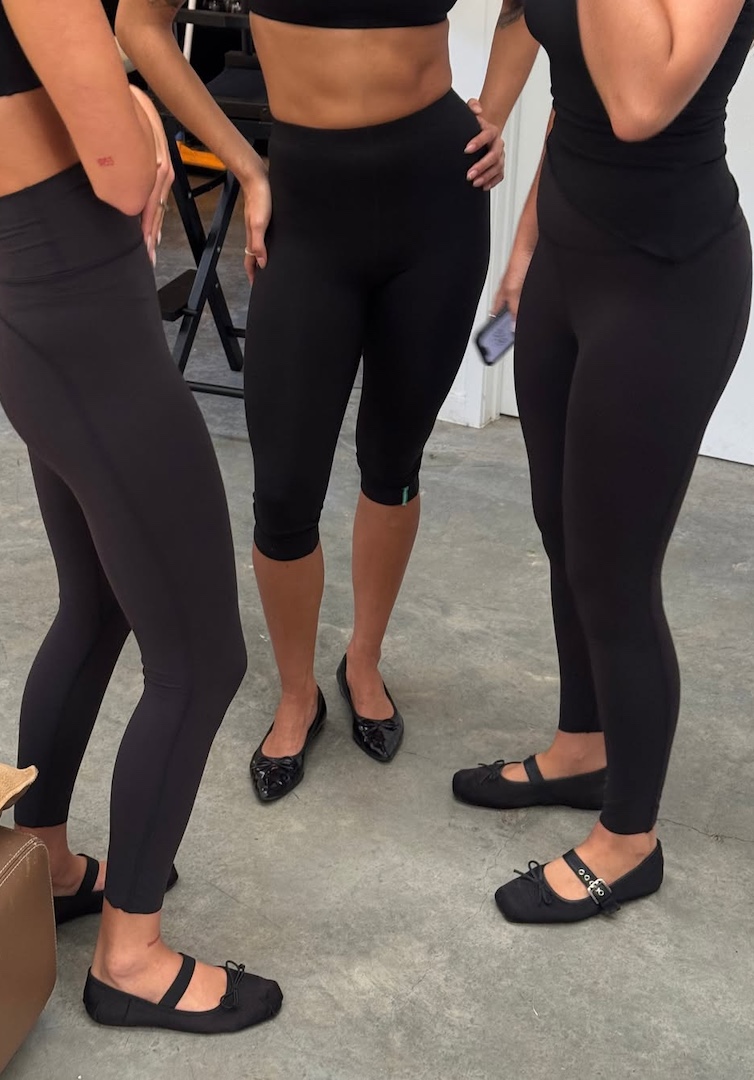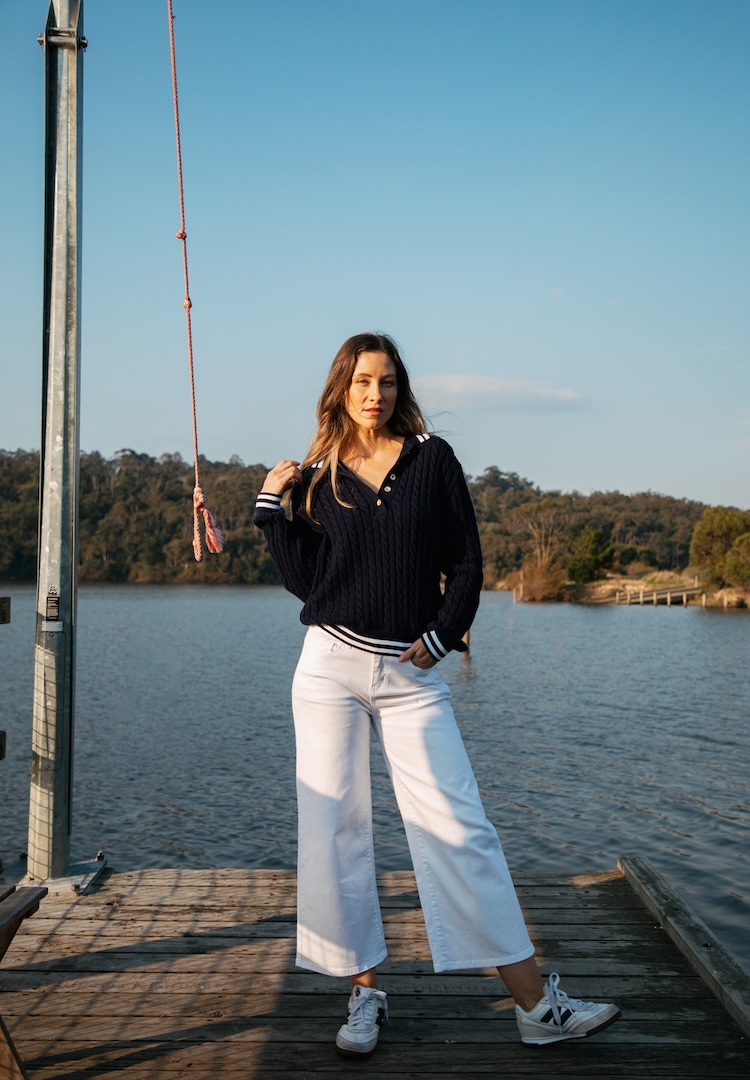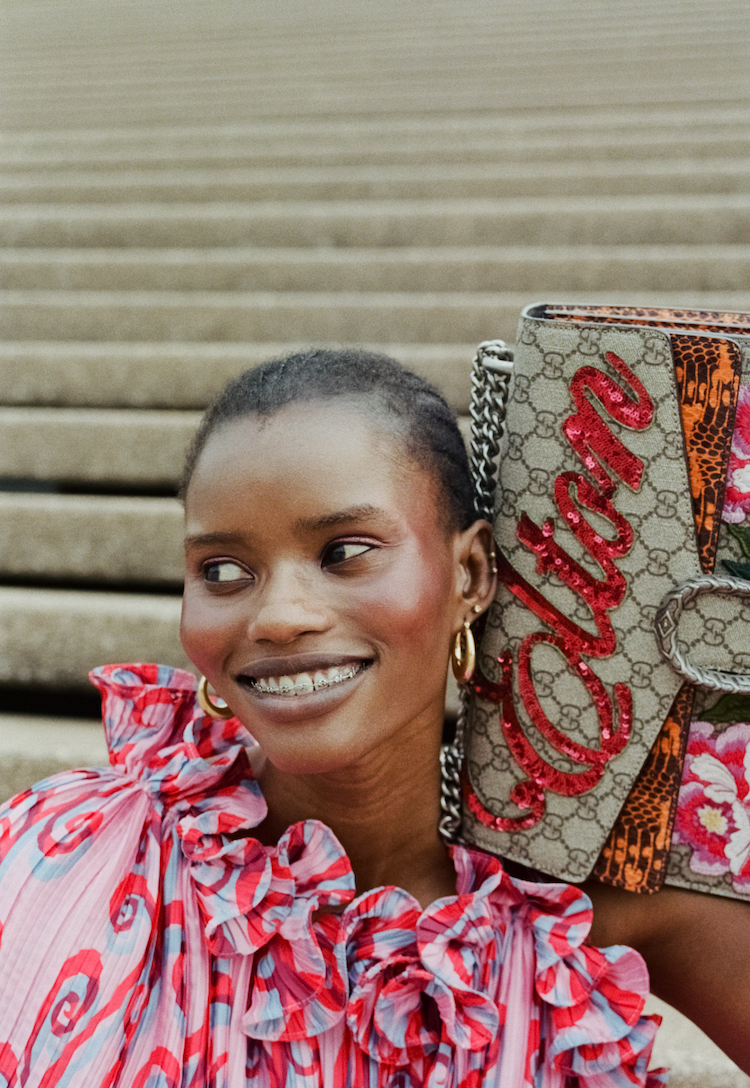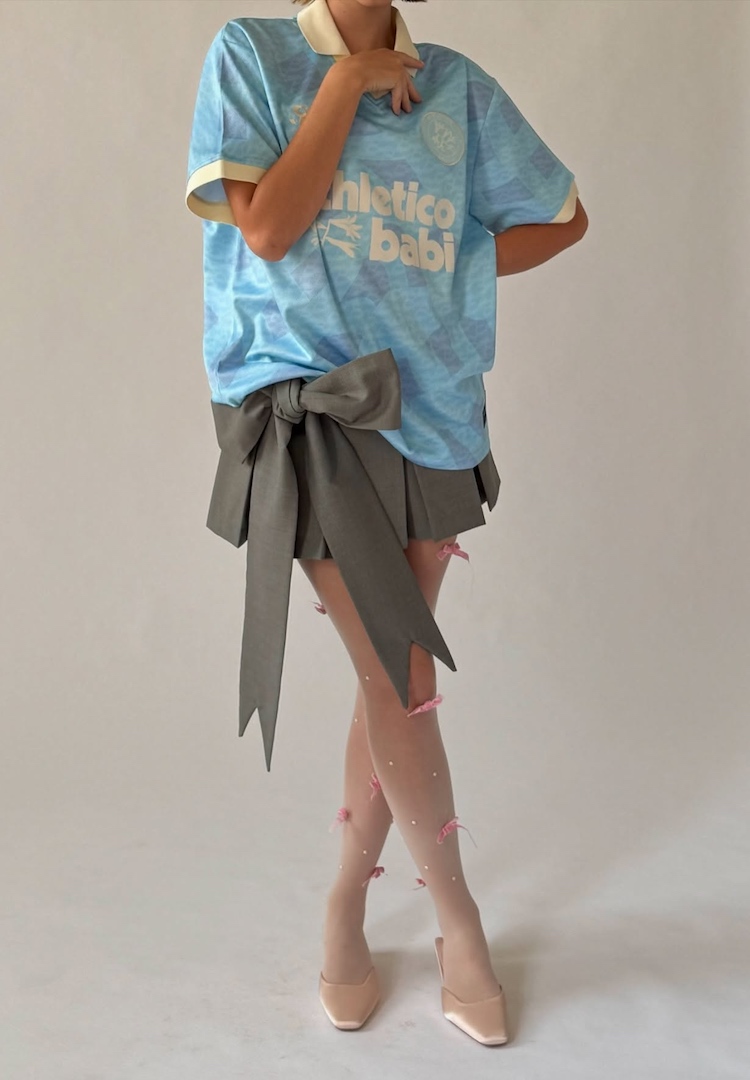A list of resources to help you shop ethical Australian fashion
WORDS BY KAYA MARTIN
Say goodbye to the greenwashers.
These days, words like ‘ethical’ and ‘sustainable’ are ubiquitous in the fashion industry. And rightfully so, as our favourite planet veers towards ecological collapse. But as many of us already know, the fashion industry is rife with greenwashing.
Labels claim to be environmentally conscious, add a cute plant emoji to their bios, and call it a day. While a casual consumer may fall for this trick, many of us are no longer quite so naive. We want a brand to put its money where its mouth is so that we can put our dollars towards ethical shopping.
For more fashion news, shoots, articles and features, head to our Fashion section.
Thankfully, there are a handful of resources that we trust to give us the real tea on whether or not the brands we love are truly sustainable. In an attempt to separate the roses from the weeds, we’ve compiled a list that sheds some light on the eco-friendly status of Australian fashion brands.
Ethical Clothing Australia (ECA)
View this post on Instagram
ECA is serious about protecting the rights of textile, clothing and shoe workers. To receive accreditation, all of a company’s manufacturing operations have to pass a thorough auditing process to ensure that all staff are being properly paid and working in safe conditions. The ECA makes sure that everyone who works on a garment, from the drawing board to the shop floor, is treated fairly.
ethicalclothingaustralia.org.au
Shop Ethical
If you want an in-depth and informative analysis of all things sustainable, Shop Ethical is the place to go. It doesn’t just review fashion and clothing, pretty much every other item you could ever want to purchase as well. From pasta to personal lubricant, head here to make sure everything you’re buying meets the golden standard.
Better Cotton Initiative (BCI)
View this post on Instagram
We’ve been using cotton fabric since prehistoric times. When processed, the soft and fluffy fibre can be transformed into many of our most popular textiles – denim, terrycloth and corduroy. But the modern history of cotton is tainted with inequality and abuse. The BCI aims to make sure the cultivation, processing and selling of the plant are done without a negative impact on the workers and the environment. It considers crop protection, water usage, soil health, biodiversity, fibre quality, work standards, and management.
Baptist World Aid’s Ethical Fashion Guide
Baptist World Aid treats brands like students attending the school of sustainability. Each year, the report card comes out. Its most recent Ethical Fashion Guide assessed 420 brands who received grades ranging from A+ to F. It even features a function where you can reach out to companies that aren’t doing enough and express your distaste.
Good on You
View this post on Instagram
Good on You is the ultimate quick-and-easy guide to help you figure out if a fashion brand is worth its salt. Search up a label and you’ll see a score ranging from ‘great’ to ‘we avoid’. Although the system looks simple, it’s actually very rigorous – each score is based on over 500 data points that analyse a brand’s impact on people, animals and the planet all up and down the supply chain. And it even has an app!
1% for the Planet
Sometimes, if you want to make a difference, you have to open up your wallet. 1% for the Planet encourages businesses to do just that by donating the equivalent of 1 per cent of gross profits to environmental nonprofits. The organisation certifies all donations to make sure there’s no funny business. Australian brands that are members of 1% for the Planet include Boody, Vege Threads and Respect Ya Mum.
Fashion Revolution Transparency Index
View this post on Instagram
We all know that there is a lot of information left in the dark when it comes to fashion supply chains. This report is focused on how much brands choose to disclose about their practices, policies and materials. It outlines which labels are open books and which ones might have something to hide.
B Corporation Australia
Getting B Corp certification is not an easy feat. The process can take months, and many labels have to reapply after not making the cut the first time around. Because of this, B Corp shoppers can sleep soundly knowing their purchases have been made without causing unnecessary harm to the world around them. There are more than 390 B Corps in Australia and New Zealand. Members of the exclusive club include Arnsdorf, Etiko and Glam Corner.
Global Organic Textiles Standard (GOTS)
View this post on Instagram
We like our textiles like we like our bananas: organic, baby! GOTS has certification bodies that verify producers are adhering to its tight definition of organic: “containing a minimum content of organic fibres, being processed with the least possible environmental impact, under strict controls on natural and synthetic chemical inputs and with respect for labour conditions”. To find clothing made from GOTS-certified fabrics, check out brands like Recreate, Nisa and The Mnml.
For more on fashion supply chains, head here.

